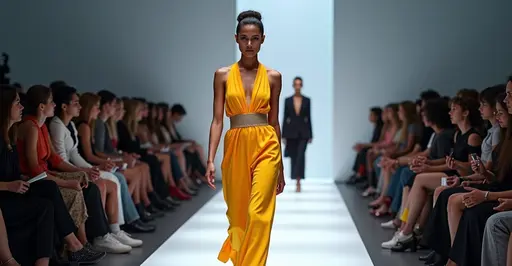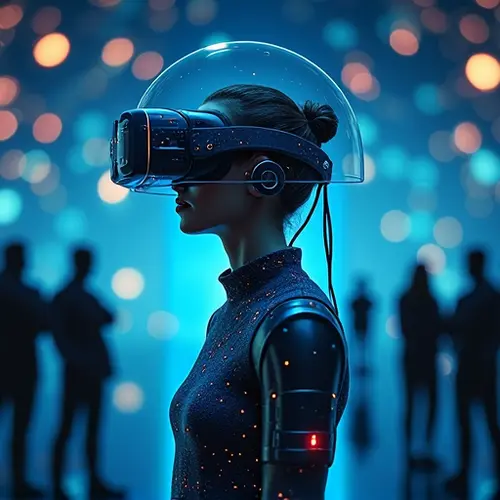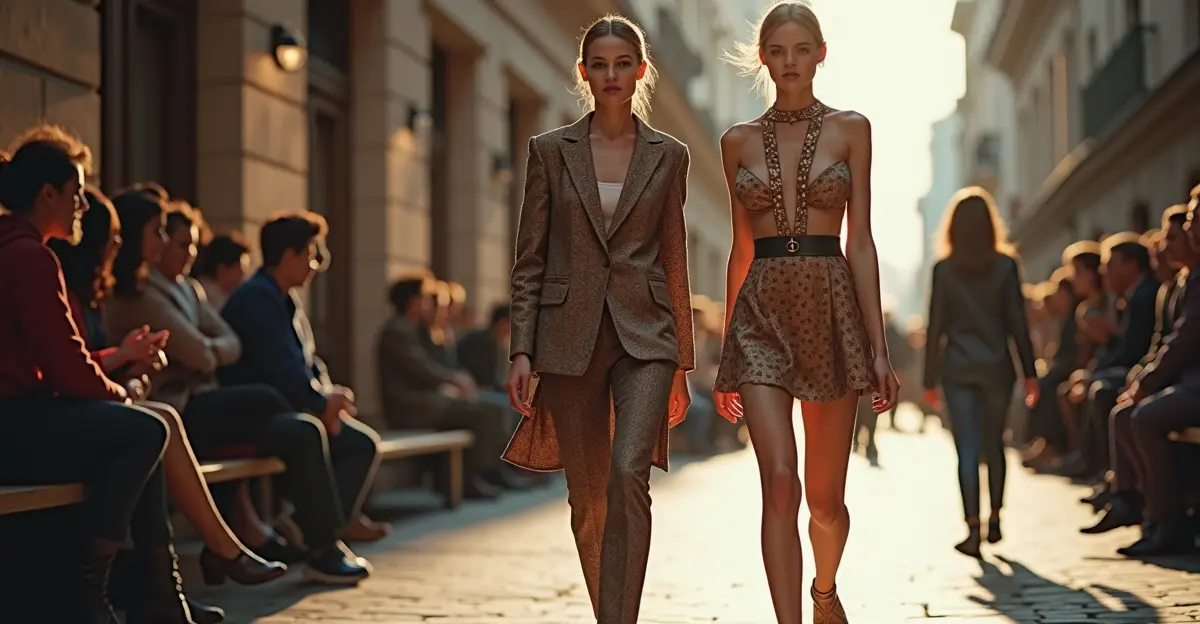Luxury brands hosted groundbreaking virtual fashion shows where digital avatars modeled collections. Metaverse Fashion Week 2025 featured sustainable digital designs, AR shopping, and global accessibility.

Virtual Runways Revolutionize Fashion Industry
Major luxury brands have debuted immersive fashion shows in the metaverse, creating digital catwalks where avatars model the latest virtual couture. From April 9-12, 2025, Decentraland hosted Metaverse Fashion Week (MVFW), featuring iconic runway shows from designers like Cyberdog and Free the Youth alongside 16 interactive showrooms.
The New Frontier of Fashion Presentation
Unlike traditional fashion weeks, MVFW offered global accessibility without travel requirements. Attendees experienced:
- 360-degree views of digital garments
- Augmented reality try-ons
- Instant NFT purchases of virtual wearables
- Front-row access to exclusive shows
"We're breaking physical constraints," said Elena Rodriguez, digital design lead at a participating luxury house. "Designers can create gravity-defying pieces with dynamic fabrics that change color with movement."
Sustainability Meets Digital Innovation
Virtual fashion shows significantly reduce the industry's environmental impact. The carbon footprint of a physical fashion show averages 270 tons of CO2, while digital events require minimal resources. MVFW showcased collections using:
- 100% digital-only garments
- Phygital designs (physical + digital counterparts)
- Upcycled virtual materials
Brands like Chanel and Balenciaga have embraced this sustainable approach, with Balenciaga reporting a 40% reduction in sample production costs since entering the metaverse.
Avatar Culture and Self-Expression
Digital avatars have become the new models, with customizable features allowing unprecedented representation. MVFW featured diverse body types, abilities, and identities rarely seen on traditional runways. Virtual influencer Lil Miquela headlined several shows, demonstrating the growing influence of digital personalities.
The Business of Virtual Fashion
The digital fashion market is projected to reach $50 billion by 2030. Key developments include:
- Augmented reality shopping integration
- NFT-based limited edition collectibles
- Cross-platform wearable compatibility
- Virtual showroom persistence beyond events
Emerging designers particularly benefit, as digital shows eliminate traditional barriers like venue costs and geographic limitations. "This levels the playing field," noted Ghanaian designer Kofi Mensah, whose Free the Youth collection gained international attention at MVFW.
Future of Fashion Weeks
Industry experts predict hybrid events will dominate, combining intimate physical experiences with global digital access. Paris Fashion Air's October 2024 event pioneered this model, blending physical craftsmanship with virtual presentation. As virtual reality hardware advances, expect more sensory-rich experiences including:
- Haptic feedback for "feeling" fabrics
- Scent diffusion matching designs
- Real-time customization during shows
With sustainability concerns and digital-native audiences driving innovation, metaverse fashion weeks represent more than a pandemic pivot - they're the new frontier of couture.

 Nederlands
Nederlands English
English Français
Français Deutsch
Deutsch Español
Español Português
Português






